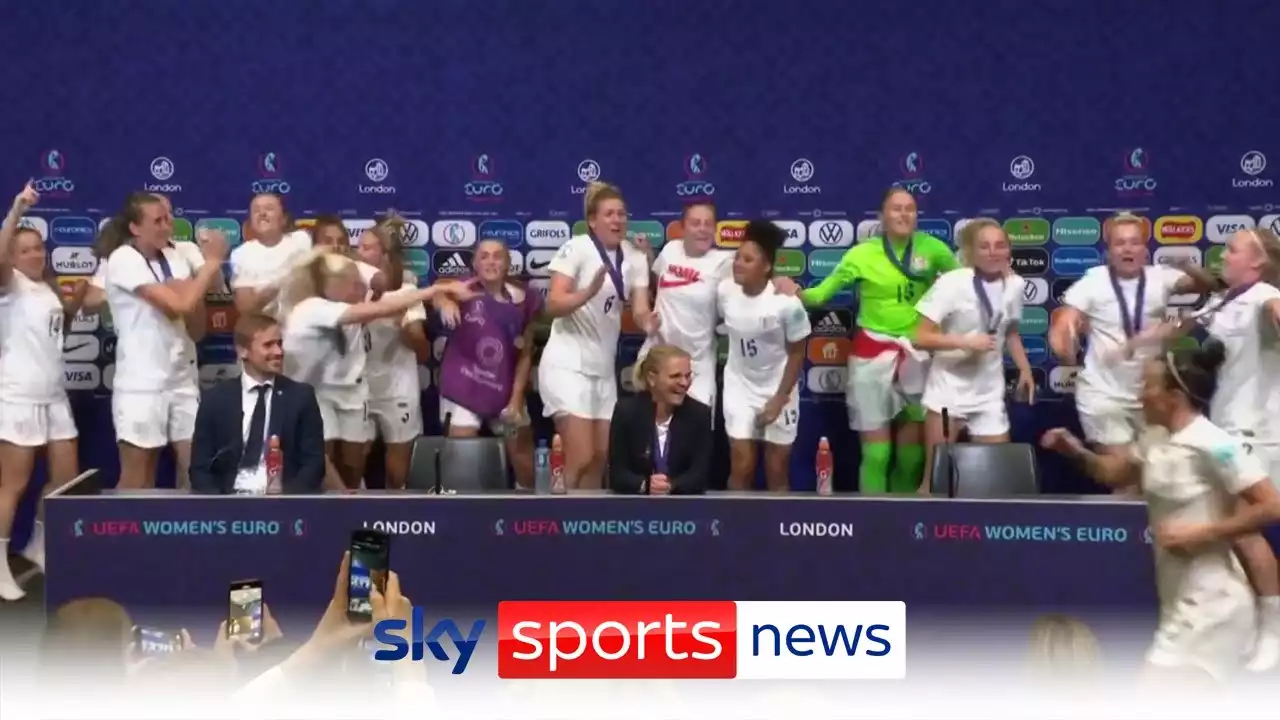The first Women's World Cup - 1991
The inaugural Women's World Cup took place in 1991 in China, marking a significant milestone for women's football. The tournament featured 12 teams from around the world, competing for the ultimate prize. The United States emerged as the champions, defeating Norway in the final. With their victory, the US team set the stage for their future dominance in the tournament. The win not only showcased the talent and determination of the American players but also served as a catalyst for the growth of women's soccer globally. The success of the first Women's World Cup laid the foundation for future editions and set the standard for the level of competition that would follow. The tournament was a resounding success and paved the way for the growth and popularity of women's football worldwide.
The United States' dominance - 1991, 1999, and 2015
The United States women's national team has been the most successful team in the history of the Women's World Cup. They have won the tournament a record four times, with their victories coming in 1991, 1999, 2015, and most recently in 2019. The US team's dominance can be attributed to a combination of exceptional talent, strong team cohesion, and a relentless desire to win. In 1991, they emerged as the champions in a thrilling final against Norway, displaying their prowess and determination. The team's success continued in 1999 when they hosted the tournament and captured the title once again, defeating China in a memorable final that went to a penalty shootout. The 2015 victory saw the US team reclaim the trophy after a 16-year drought, with a convincing win over Japan in the final. The team's latest triumph in 2019 further solidified their status as the team to beat in women's football.
Germany's success - 2003 and 2007
Germany's women's national team has also tasted success in the Women's World Cup, winning the tournament in 2003 and 2007. The German squad showcased their strength and skill in both editions, defeating Sweden and Brazil in the finals, respectively. Led by influential players such as Birgit Prinz and Marta, Germany displayed a level of dominance that was unmatched by their opponents. The team's success can be attributed to their tactical prowess, disciplined defense, and clinical finishing. Germany's victories further raised the profile of women's football in the country and inspired a new generation of players. The German team's success in the Women's World Cup has cemented their status as one of the powerhouses in women's football.
Norway's historic victory - 1995
Norway made history in the 1995 Women's World Cup by becoming the first European team to win the tournament. Led by the legendary striker, Hege Riise, Norway displayed a brand of football that was both skillful and aggressive. The team's victory came after defeating Germany in the final, showcasing their ability to compete against strong opponents. Norway's success in the tournament not only brought recognition to their talented players but also highlighted the growing competitiveness of women's football in Europe. The team's triumph in 1995 remains a significant milestone in the history of Norwegian football and continues to inspire future generations of players.
Japan's surprise win - 2011
In 2011, the Women's World Cup witnessed a surprise victory as Japan claimed the title against all odds. The Japanese team displayed exceptional resilience and determination throughout the tournament, overcoming formidable opponents such as Germany and Sweden. The final against the United States proved to be a thrilling encounter, with Japan coming from behind twice to force the game into a penalty shootout, which they eventually won. Japan's victory in the 2011 Women's World Cup not only showcased their technical proficiency and tactical acumen but also served as a symbol of hope and resilience for a nation recovering from the devastating earthquake and tsunami earlier that year. The Japanese team's triumph was widely celebrated and served as a catalyst for the growth of women's football in the country.
Spains Win - 2023
In 2023, Spain emerged as the champions of the Women's World Cup, marking their first-ever victory in the tournament. The Spanish team showcased their skill and determination throughout the competition, defeating strong opponents with their attacking style of play. Led by influential players such as Marta Torrejón and Jennifer Hermoso, Spain's victory in the 2023 Women's World Cup served as a breakthrough moment for women's football in the country. The win not only brought recognition to the talented Spanish players but also inspired a new generation of young girls to pursue their dreams in the sport. Spain's triumph in 2023 further highlighted the growing competitiveness of women's football and the continued progress of the game globally.
The rise of women's soccer globally
The FIFA Women's World Cup has played a crucial role in the rise of women's soccer globally. The tournament has provided a platform for female players to showcase their skills and compete at the highest level. Over the years, we have witnessed an increase in the quality of play, tactical sophistication, and global participation in the Women's World Cup. More nations are investing in women's football, providing the necessary infrastructure, training facilities, and resources to develop their players. The rise of women's soccer has also been fueled by increased media coverage, sponsorships, and fan support. The Women's World Cup has become a global spectacle, capturing the attention and imagination of millions of fans around the world. As the game continues to grow, we can expect even more exciting and competitive tournaments in the future.
Challenges and controversies in the Women's World Cup
While the Women's World Cup has undoubtedly been a celebration of women's football, it has also faced its fair share of challenges and controversies. One of the key issues is the gender pay gap, with female players earning significantly less than their male counterparts. This disparity has sparked widespread debate and calls for equal pay in women's football. Another challenge is the lack of investment and support for women's football in certain regions, leading to a significant gap in resources and opportunities for players. Additionally, there have been instances of discrimination and sexism within the sport, highlighting the need for greater inclusivity and equality. Despite these challenges, the Women's World Cup has served as a catalyst for change and has paved the way for a more inclusive and equitable future for women's football.
Future prospects for the Women's World Cup
The future prospects for the Women's World Cup are incredibly promising. The tournament continues to grow in popularity, attracting more viewership and generating increased interest from sponsors and broadcasters. FIFA has also taken steps to improve the tournament's structure and increase investment in women's football. Plans are underway to expand the Women's World Cup from 24 to 32 teams, providing more opportunities for nations to compete on the global stage. This expansion will not only enhance the competitiveness of the tournament but also further promote the growth of women's football worldwide. With increased investment, support, and recognition, the Women's World Cup has the potential to become a truly global sporting event, showcasing the incredible talent and skill of female players from all corners of the world.










